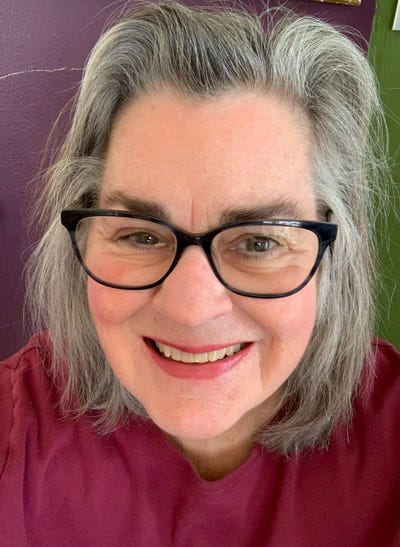April 24, 2008

After the brouhaha in April about government directives outlining changes to the National Organic Program and the subsequent rescission of those directives in late May, industry organizations are now questioning just how seriously to take the entire issue and how to proceed with NOP enforcement in the future.
Opinions are sharply divided. National Organic Standards Board Vice Chairman Jim Riddle wrote in a letter to U.S. Secretary of Agriculture Ann Veneman that the latest NOP changes ?were only the most recent—and most extreme—examples of an unacceptable situation.?
But Joe Smillie, vice president of organic certification agency Quality Assurance International, said the changes ?weren?t huge issues. People have to expect when implementing regulations there are going to be bumps. We can make a big deal about them or the industry can just take a chill pill and relax.?
The problems arose in April, when the U.S. Agricultural Marketing Service, which oversees NOP, issued four directives, which:
Banned the U.S. Department of Agriculture?s organic seal from personal care products, cosmetics, dietary supplements, fertilizers and soil amendments, fish and seafood, and pet foods;
Allowed the use of pesticides with inert chemical ingredients;
Approved noncertified fish as livestock feed;
Permitted milk from cows treated with antibiotics to be certified organic, provided the animal didn?t receive antibiotics in the last year.
The directives raised an outcry in the national media and from various industry groups ranging from the Organic Trade Association to the American Herbal Products Association. Organics advocate Sen. Patrick Leahy, D-Vt., circulated a letter to his colleagues expressing concern about AMS? ?unilateral fiats, which may violate the letter of the law. They certainly violate its spirit.? The main concern was that the directives were issued without public input and involvement of industry representatives and NOSB members, setting what the OTA called ?a dangerous precedent? in implementing NOP changes. Federal law calls for NOSB input on new NOP rules, but AMS officials said the directives were simply defining existing regulations, rather than making new rules.
On May 26, citing a ?tremendous amount of interest ? and concern,? Veneman overturned the directives, saying, ?I think that it?s important to recognize that we?re acting in good faith trying to clarify some of the issues that were coming out of the actual implementation of [NOP]. But because there is so much concern about it, I have directed the [AMS] to withdraw [the directives] and now to work with the [NOSB] and the industry to determine the best solutions to the issues that have been raised.?
OTA Executive Director Katherine DiMatteo called Veneman?s decision ?a giant step forward? in NOP implementation.
Riddle also praised Veneman?s decision, but cautioned that the USDA has overstepped its mandate twice before in enforcing NOP: in January, when it approved substances, including phosphoric acid, that weren?t on the National List of Allowed and Prohibited Materials; and in 2001, when it awarded an NOP technical advisory panel contract without posting bids or consulting NOSB.
Riddle reminded Veneman that the NOP is legally required to work with the NOSB when ?new policies, letters and directives are formulated and new technical advisory panels are contracted.?
Smillie believes ?a number of people overreacted? to the April directives. ?Some industry players are simply bent on attacking the USDA. Some people are using this to drive their [organic standards] purist agenda.?
He said the outcry did damage to the industry?s relationship with NOP and the USDA, but that it can be re-established if the feds and the OTA are willing to work together and discuss any future NOP changes.
?We need to take a much more mature approach. We can?t start screaming every time [the USDA] does something we don?t like,? he said. ?It?s like a marriage—there are going to be fights, but we don?t want a divorce.?
Natural Foods Merchandiser volume XXV/number 7/p. 9
About the Author(s)
You May Also Like
.png?width=700&auto=webp&quality=80&disable=upscale)




